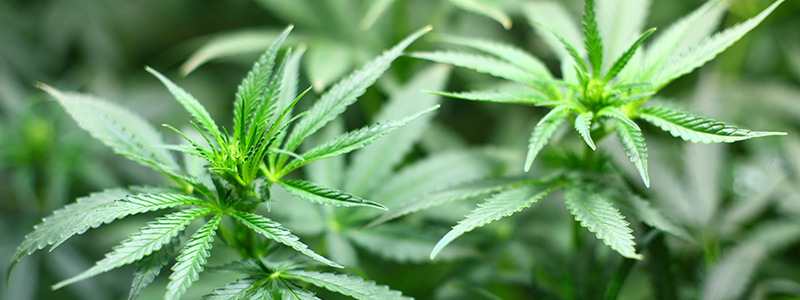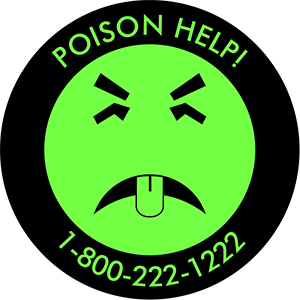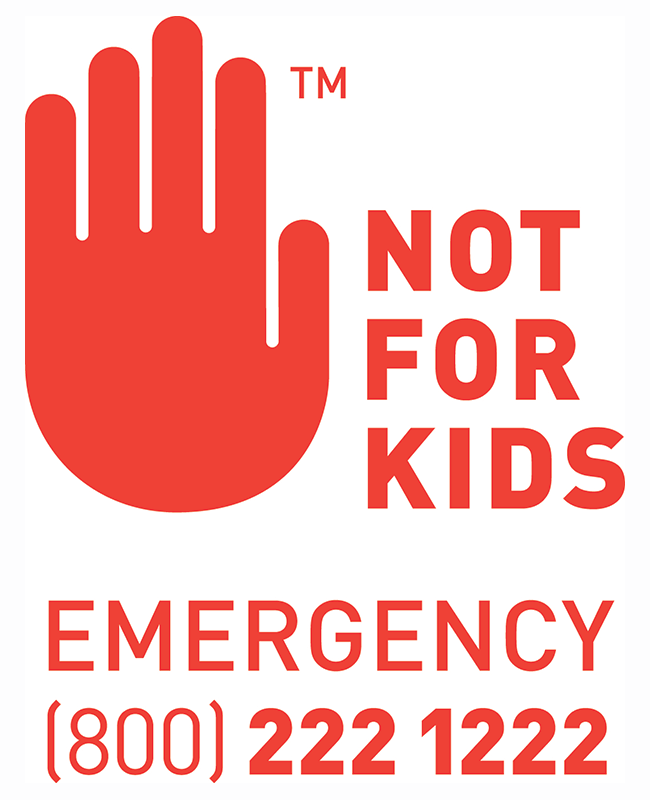Keeping Kids Safe From Cannabis

Let's Talk Stash Security
They say that with great power comes great responsibility. This aptly describes the stewardship required by those of us in the cannabis industry, who benefit from its use and who want others to do the same.
It's important that we not only help develop regulations, we must follow them in order to set an example showing how legalization can work, and possibly give other states a framework.
A major part of our responsibility is to protect children from inadvertently consuming the cannabis in our homes.
 While most cannabis users are careful to properly secure their product from those that shouldn't have access, accidents do happen. Many states have regulations to reduce the production of cannabis packaging that is appealing to children, but that doesn't mean a curious child won't pick it up and explore.
While most cannabis users are careful to properly secure their product from those that shouldn't have access, accidents do happen. Many states have regulations to reduce the production of cannabis packaging that is appealing to children, but that doesn't mean a curious child won't pick it up and explore.
For very young children, that could mean accidentally ingesting well over the recommended dose for an adult. And while no cannabis consumption will be fatal, the accidental ingestion can be frightening for parents, caregivers, and children.
If you consume too much of anything, it can have a deleterious effect on your body, and cannabis is no different. Washington's Poison Control Center works with these types of accidental ingestions every day.
While consuming cannabis in its raw state won't get humans or other animals high, edibles -- which contain decarboxylated, or "active cannabis" -- are another story.
"Some people don't understand what we call the 'kinetics' of marijuana edibles," explains Erica L. Liebelt, MD FACMT, who is the Medical Director of the Washington Poison Center. "Marijuana edibles, unlike smoking cannabis, take time to be absorbed into the body, distributed through the body to reach the central nervous system."
Since edibles are formulated for adults, children consuming them will automatically eat far more than their body weight can support. This "acute intoxication" can manifest itself as mood changes, excessive sleepiness, and balance issues.
"Since legalization, there has been an increasing trend of exposures to the poison center," notes Arti Patel, MPH. "In 2016, WAPC received a total of 286 exposures for cannabis (49 cases occurring in 0-5-year-olds)."
Reports of a child having been exposed in a state without legal marijuana could result in a criminal conviction and even a call to child protective services. "Many of our adult callers are being forthright about their use/symptoms and feel 'safe' calling the Washington Poison Center," Dr. Liebelt says. This allows healthcare professionals to give the best possible advice and support for exposures.
But even though the Poison Center is trained to help in situations like this, prevention is the best medicine. "We believe that safe storage is a prevention and harm reduction modality that has been validated to be effective with medications and the risk of unintentional exposures in children," Dr. Liebelt reiterates.
 In this case, protection comes in the form of proactive measures like securing the cannabis in the home in a way that kids cannot access it. This can be as simple as placing it in a high cabinet away from toddlers or keeping it in a lockbox that protects young and curious children.
In this case, protection comes in the form of proactive measures like securing the cannabis in the home in a way that kids cannot access it. This can be as simple as placing it in a high cabinet away from toddlers or keeping it in a lockbox that protects young and curious children.
Another proactive measure already in practice in the retail environment is the result of the cooperative efforts of two organizations.
"Because kids were being exposed, WAPC needed to educate the public about how infused products are not to be used by children," explains Arti Patel. "With the partnership with the WA Liquor Cannabis Board (WA LCB), WAPC developed the 'Not For Kids' label."
This label is currently placed on all marijuana edibles in Washington state.
Good labeling and packaging, and secure storage are just a few ways that we can keep kids -- and animals -- safe from ingesting cannabis. And while it can be nerve-wracking for parents should an accidental ingestion occur, cannabis is actually a relatively safe substance when it comes to things we may store in our homes.
Securing cannabis products is part of the bigger picture of protecting children from everyday hazards such as alcohol, bleach, detergents, anti-freeze, over the counter and prescription medications, and more. If cannabis is stored safely and in a similar way to many of these toxic chemicals, then you greatly decrease the risk of your child being inadvertently exposed to harmful substances.